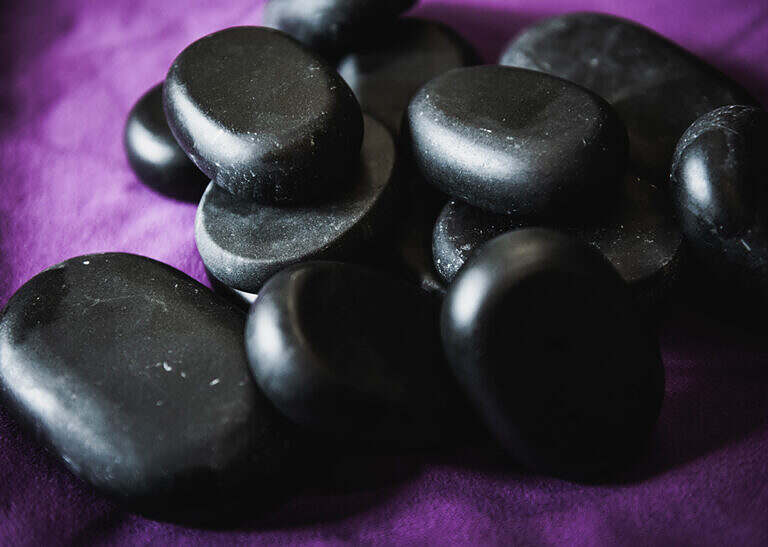Massage is a general term for pressing, rubbing and manipulating your skin, muscles, tendons and ligaments with the hands. There are many different types of massage, which can range from light stroking or kneading to deep pressure.
Regardless of technique, regular massage can improve your quality of life. In order to comprehend the many benefits, we have broken them down into three fundamental areas of health and wellbeing: live better, get physical, and boost immunity.
Stress is universal, and it’s not always bad. When you lunge to catch a falling glass, feel especially energetic before an important meeting, or swerve in time to avoid a car accident, stress is doing its job. The adrenaline and cortisol released during moments of stress boosts your heart rate and blood sugar, while diverting energy away from your digestive system and immune responses. These prehistoric reactions are part of human survival. However, when there’s never any relief from stress, the sustained response leaves the body with a wide-ranging host of problems. It can trigger negative mood, behavioral and body changes, resulting in physical symptoms including headaches, upset stomach, elevated blood pressure, chest pain, insomnia, anger, drug and alcohol abuse, and depression – to name a few.

Experts estimate that upwards of ninety percent of disease is stress related. For example, the elevated levels of cortisol that occur when your body is stressed raises blood sugars, potentially contributing to the development of diabetes. Adrenalin levels have also been found to impact certain pathways where cancer cells travel, possibly facilitating the spread of cancer. And nothing ages us faster, internally and externally, than high stress. While eliminating stress altogether is unrealistic, massage can help manage this common problem.

Massage triggers a host of brain chemistry responses that can result in lasting feelings of relaxation, lowered stress, mental alertness and improved mood. During a massage, your body increases its production of endorphins, your body’s natural “feel good” chemicals. Serotonin and dopamine are released, and the resulting feeling of calm relaxation can make chronic or habitual stress, as well as acute or short-term stress, much easier to overcome. Massage also decreases the stress hormones cortisol and adrenaline, allowing your body to enter a relaxing rest-and-recovery mode. This immediate stress relief can improve your vitality and state of mind, and massage also improves your overall health profile by keeping stress hormones at bay over the long-term.

Managing your stress is a key factor in addressing a host of health issues. For example, it’s a natural way to manage high blood pressure. Long-term studies have shown that a consistent massage program helps!
text underneath